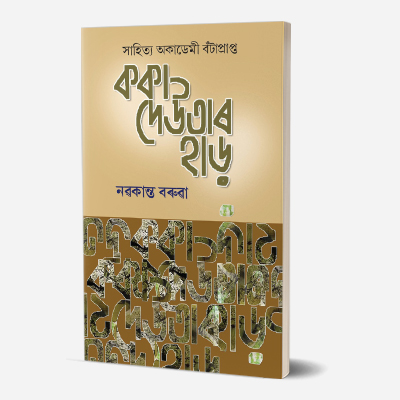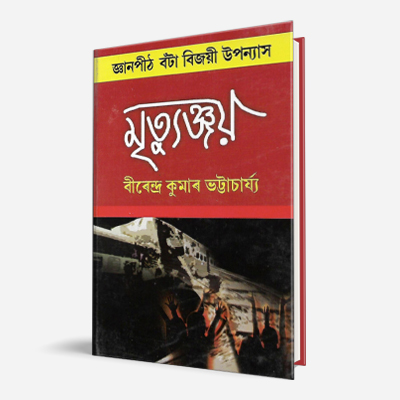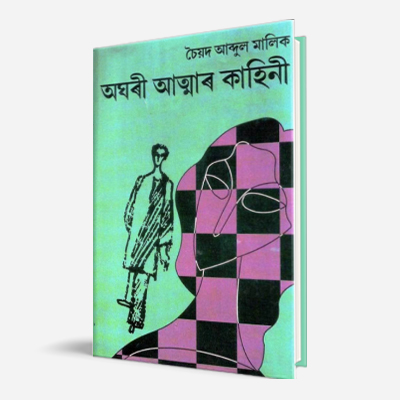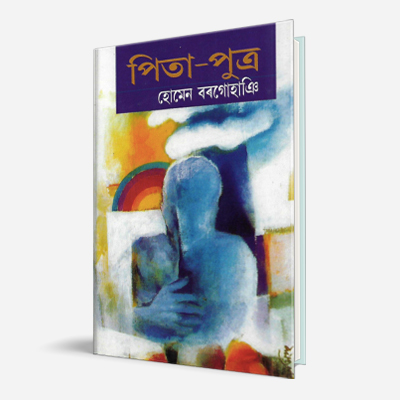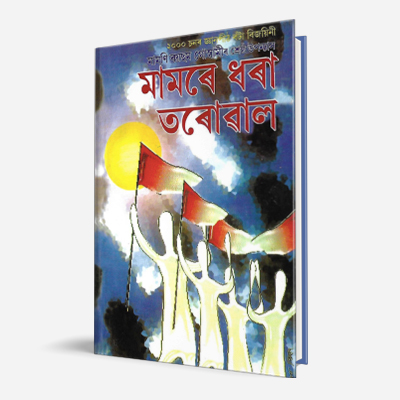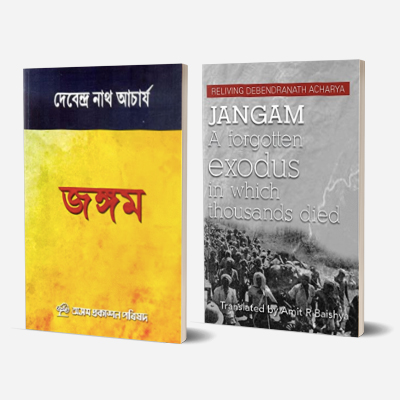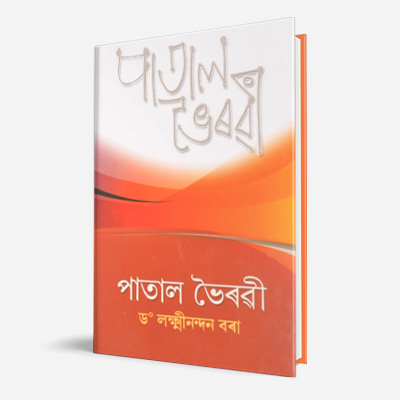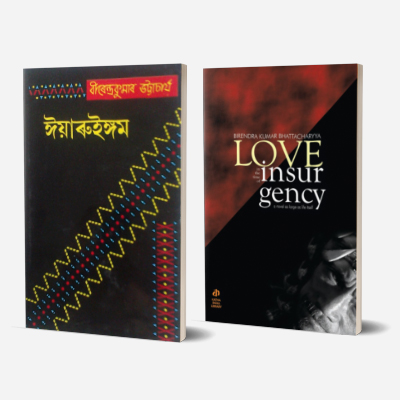Koka Deutar Har
By Nabakanta Barua
The title, Koka Deutar Har, translates to ‘Ancestral Bone’ or ‘Forefather’s Fossils’. The plot of the novel traces the story of the changing lives of a village inhabited in the valley of Kolong river of Assam, and how the people there respond to and grapple with ideas of modernity, ancestry and tradition. It follows the story of two feudal lords, and brothers-in-law – the royal Bhogai Barua and the nouveau riche Bakhar Bora, and how their disputes are mediated and determined by their relationships with their ancestry, represented through their grandmother, the familial matriarch. Although the writing is infused with Barua’s poetic style, he emphasises the historical authenticity of the period – the early nineteenth century, with all its power, pride, politics, traditions, and generational continuity. In the words of Assamese critic Amrit Jyoti Mahanta, Barua, in the novel “enjoy[s] losing himself in that great motion which is cosmic, universal, and at the same time personal”. Kokadeutar Har received the Sahitya Akademi Award in 1975.
About the Author
Nabakanta Barua (1926-2002), also known as Ekhud Kokaideo, was an eminent Assamese author and poet. Barua’s contribution to Assamese art and literature came through his academic work in Cotton College, his translations of many Western and Bengali authors and poets into Assamese, his presidency of the Assam Sahitya Sabha and of course, in his vast collections of poetry, essays, novels, and children’s literature (a total of 39 books). He was recognized for these immense contributions most famously through being awarded the Padma Bhushan in 1976. Along with Amulya Barua and Hem Barua, he is considered to be one of the founders of the renaissance of modern poetry in the state.
